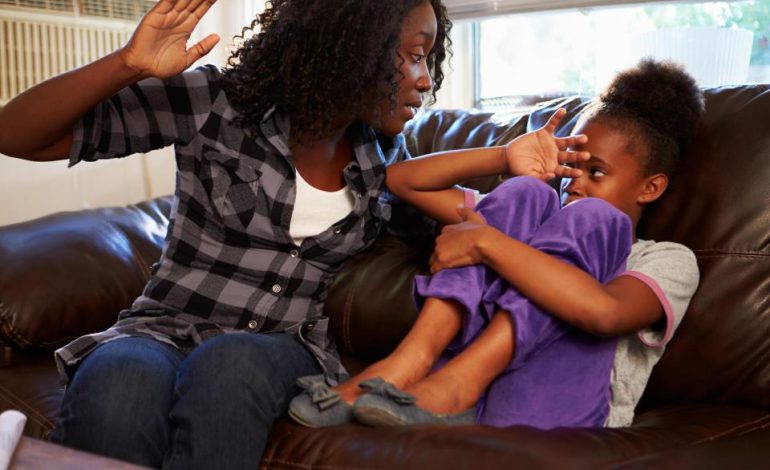What kind of parent are you?

You are probably aware that how your child will behave when they are older or when he/she is a parent is greatly dependent on how you raise them.
Therefore, it’s usually every parents dream and prayer to raise kids who are virtually upright and who possess great qualities in society such as kindness, respect, hard work, responsibility etc. All this for one main reason- to prepare children for the world that awaits them.
However, parents must also take into consideration that we have evolved across different generations and thus there is a much-needed change in their approach to parenting.
Some parents choose to be more relaxed while others will be strict and thus more controlling. Learning what kind of parent you are helps you know where you are doing things right (pat on the back for you)and where you may want to switch things up. There are generally four kinds of parents. Find out which one you are here:
Permissive parents
These are type of parents who tend to treat their children more like their friends rather than their kids. They don’t set many rules and regulations to govern how their children live or do things. This can be a problem if proper parent-child boundaries are not set.
Kids raised in such a set up therefore may not know the limits of acceptable behaviour when they interact with the outside world. Additionally, it can cause issues as poor decision making, bad habits such as drug use and low achievement.
If you tend to be a permissive parent, ensure that you make your children understand your expectations of them and enforce the same by providing structure and support.
Uninvolved parents
Also known as neglectful parenting, uninvolved parenting means that there is less communication and interaction between the parent and the child. It can happen due to tight work schedules and other attachments, or delegating the upbringing of the children to other people such as nannies or grandparents.
As a result, parents are neglectful of their children’s needs, this can be physical or emotional, and the children grow up with fear of being dependent, anxious, emotionally withdrawn and tend to be more delinquent.
Given the above, it is clear that this is not ideal and it is therefore the prerogative of parents to be active in raising emotionally healthy and responsible kids in love, warmth and guidance.
Authoritarian parents
Such parents tend to be very strict, setting standards and limits which their children must meet but do not give feedback or nurturing. They also tend to use scare tactics on their children forcing their children to live by the set standards without any question.
With this kind of parenting, mistakes are punished harshly and such parents normally resort to punishment instead of discipline.
Some characteristics that define the authoritarian parent include: mistrust of their children, unwillingness to negotiate, shaming of the child, and little warmth.
Bringing up your children in such a manner will make them be obedient but it is almost certain that they will be unhappy and rebellious.Kids raised by an authoritarian parent will also associate success with love, have lower self esteem and conform easily.
While boundaries are important, this method is too punitive and lacks the warmth and nurturing that parents should provide to children.
Authoritative parents
This parenting model is the most preferred by child development experts. This is because such children are brought up to understand that each action has a consequence. For any wrongdoing they are made to know that there is punishment because the parents have prioritized discipline over punishment.
Such parents also give time for their children to express their worries and concerns, and work together to come up with a solution for any problem that may arise. Such kind of children tend to be good in school and also best engaging with their peers and others.
Bottom line
All parents should strive by all means to make time for their children and raise them with the above in mind. This will in the long run make the child feel loved and cared for. This will also help foster a strong parent- child relationship.




